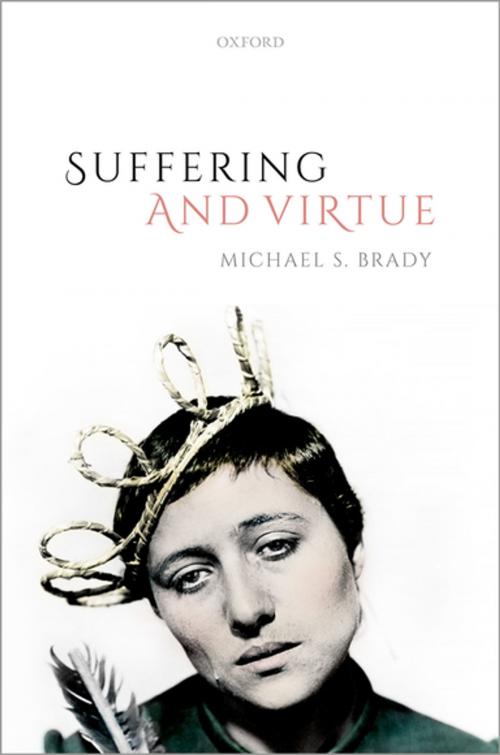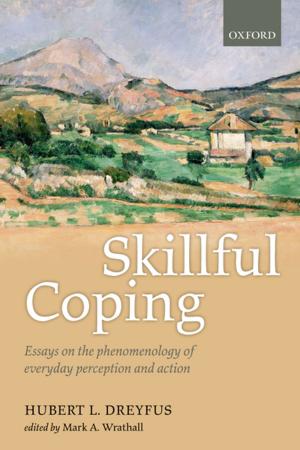Suffering and Virtue
Nonfiction, Religion & Spirituality, Philosophy, Ethics & Moral Philosophy, Mind & Body| Author: | Michael S. Brady | ISBN: | 9780192542045 |
| Publisher: | OUP Oxford | Publication: | July 19, 2018 |
| Imprint: | OUP Oxford | Language: | English |
| Author: | Michael S. Brady |
| ISBN: | 9780192542045 |
| Publisher: | OUP Oxford |
| Publication: | July 19, 2018 |
| Imprint: | OUP Oxford |
| Language: | English |
Suffering, in one form or another, is present in all of our lives. But why do we suffer? On one reading, this is a question about the causes of physical and emotional suffering. On another, it is a question about whether suffering has a point or purpose or value. In this ground-breaking book, Michael Brady argues that suffering is vital for the development of virtue, and hence for us to live happy or flourishing lives. After presenting a distinctive account of suffering and a novel interpretation of its core element - unpleasantness - Brady focuses on three claims that are central to his picture. The first is that forms of suffering, like pain and remorse, can themselves constitute virtuous responses. The second is that suffering is essential for four important classes of virtue: virtues of strength, such as fortitude and courage; virtues of vulnerability, such as adaptability and humility; moral virtues, such as compassion; and the practical and epistemic excellences that make up wisdom. His third and final claim is that suffering is vital for the social virtues of justice, love, and trust, and hence for the flourishing of social groups.
Suffering, in one form or another, is present in all of our lives. But why do we suffer? On one reading, this is a question about the causes of physical and emotional suffering. On another, it is a question about whether suffering has a point or purpose or value. In this ground-breaking book, Michael Brady argues that suffering is vital for the development of virtue, and hence for us to live happy or flourishing lives. After presenting a distinctive account of suffering and a novel interpretation of its core element - unpleasantness - Brady focuses on three claims that are central to his picture. The first is that forms of suffering, like pain and remorse, can themselves constitute virtuous responses. The second is that suffering is essential for four important classes of virtue: virtues of strength, such as fortitude and courage; virtues of vulnerability, such as adaptability and humility; moral virtues, such as compassion; and the practical and epistemic excellences that make up wisdom. His third and final claim is that suffering is vital for the social virtues of justice, love, and trust, and hence for the flourishing of social groups.















